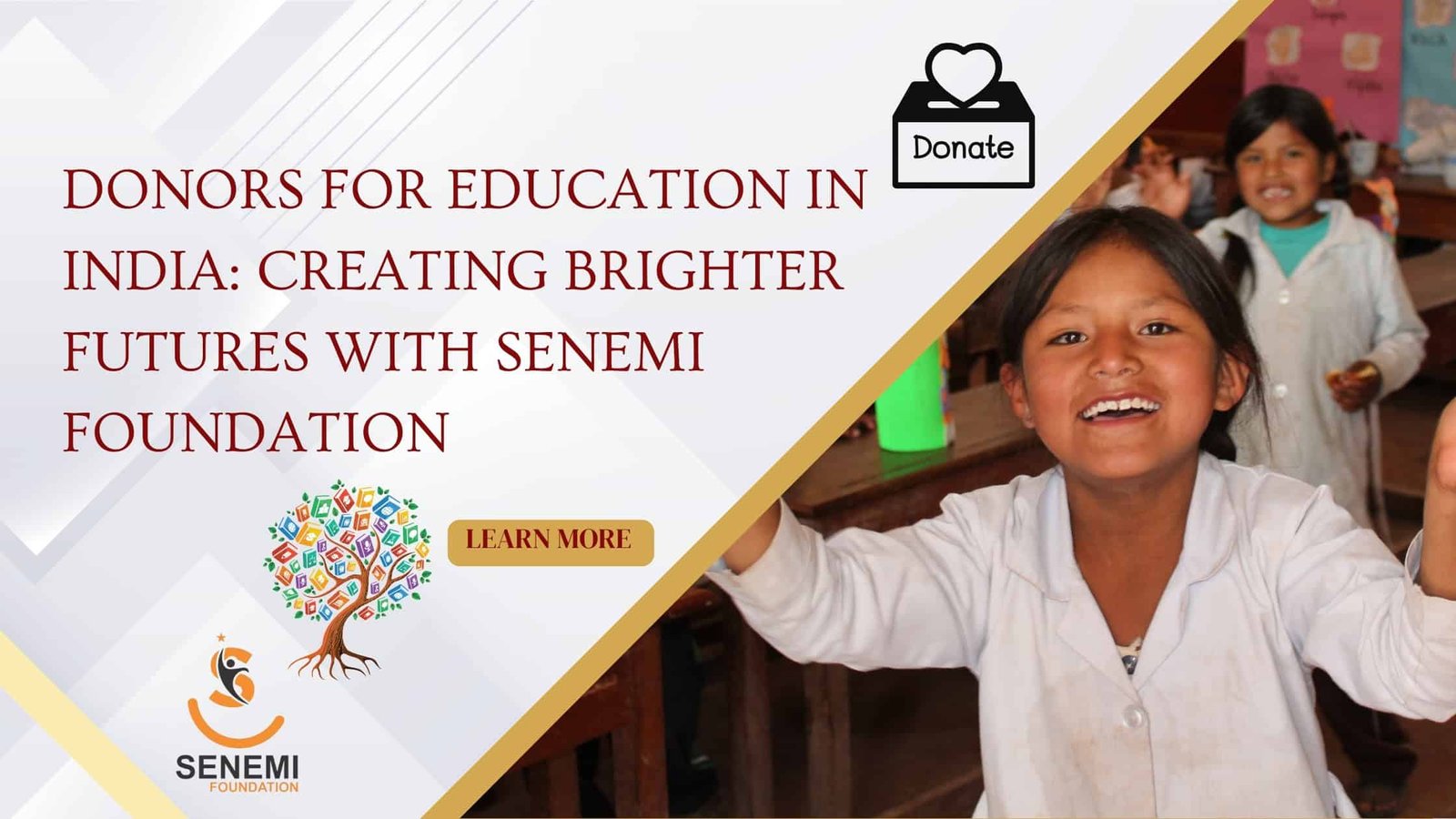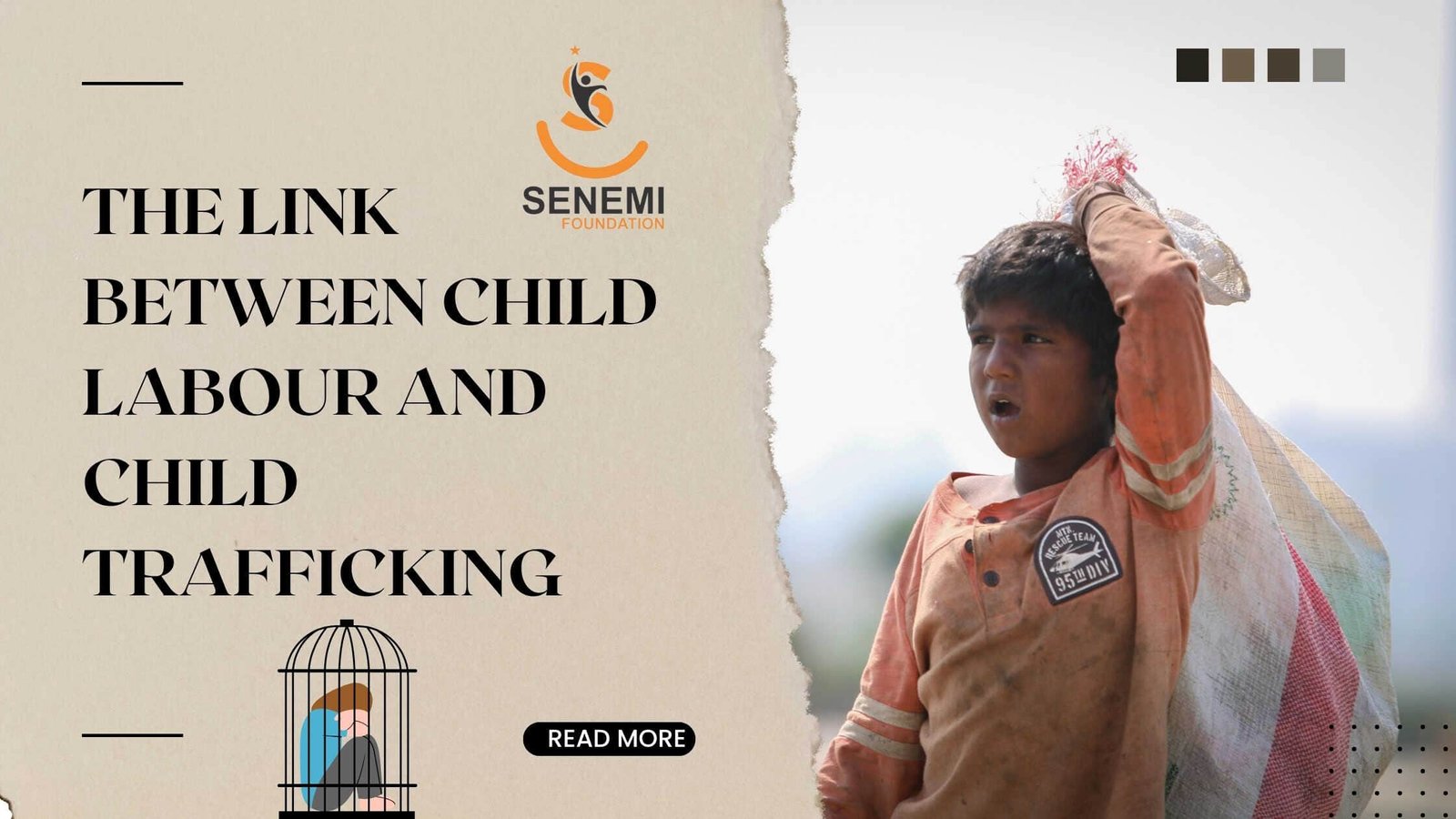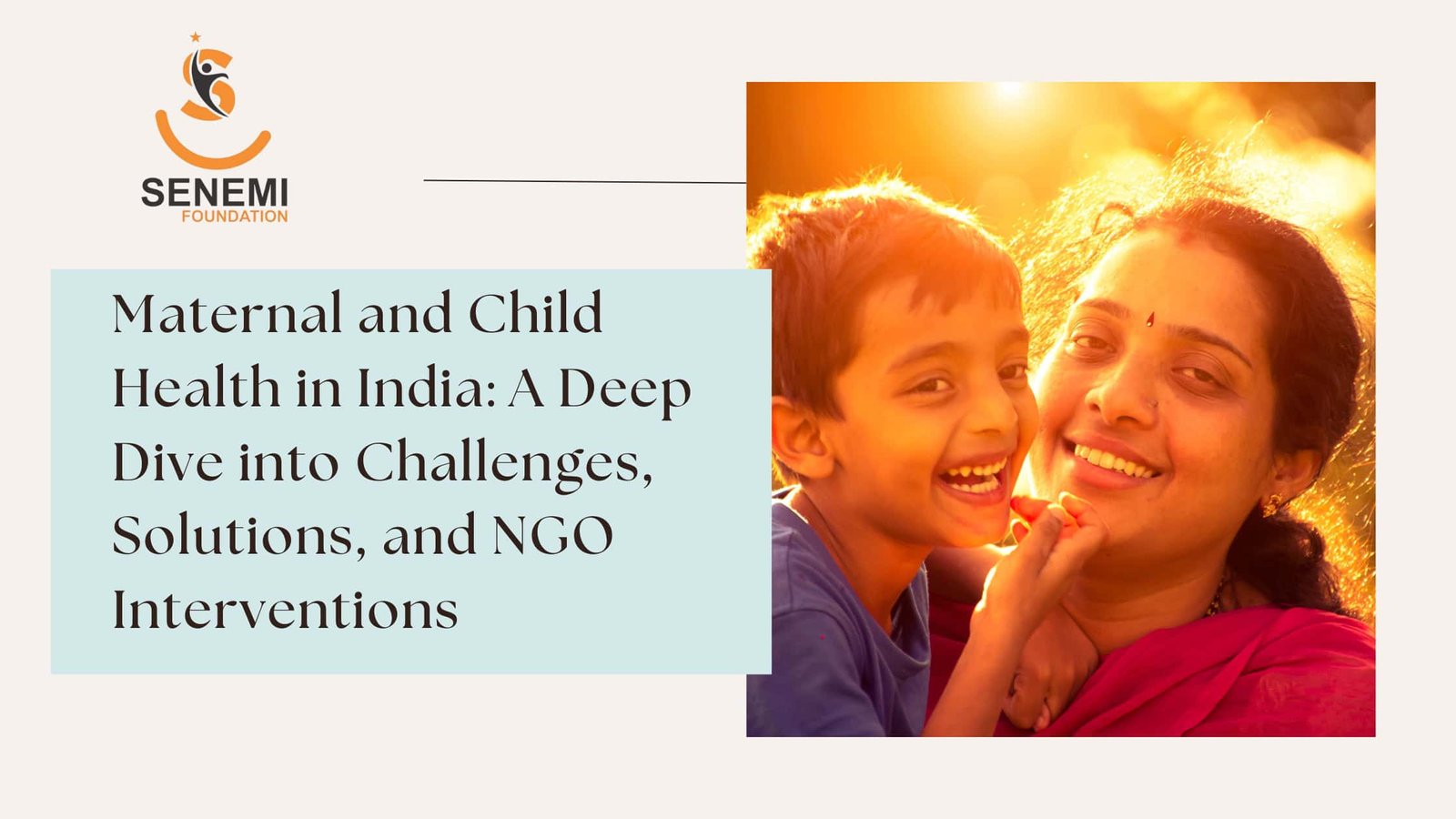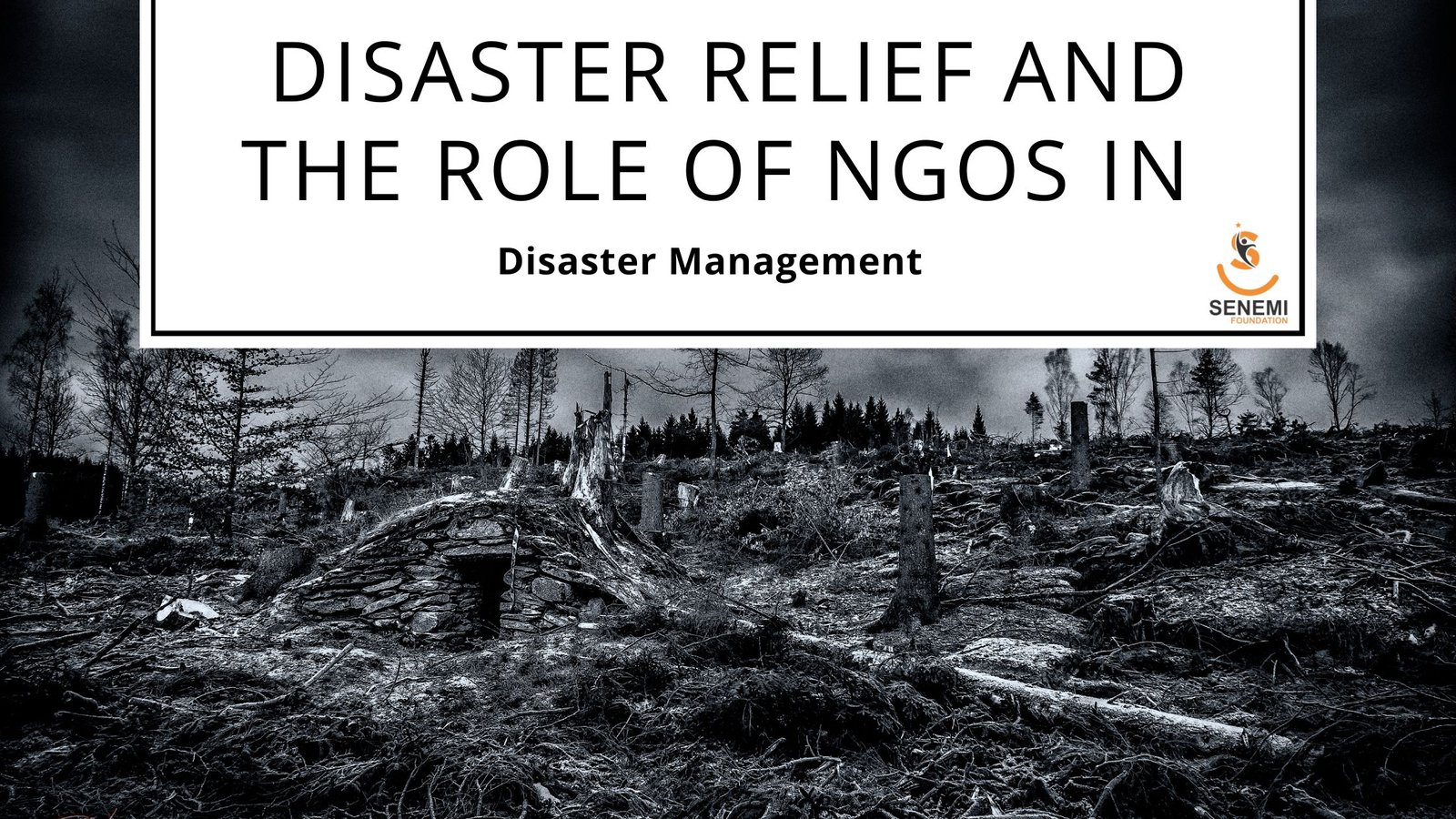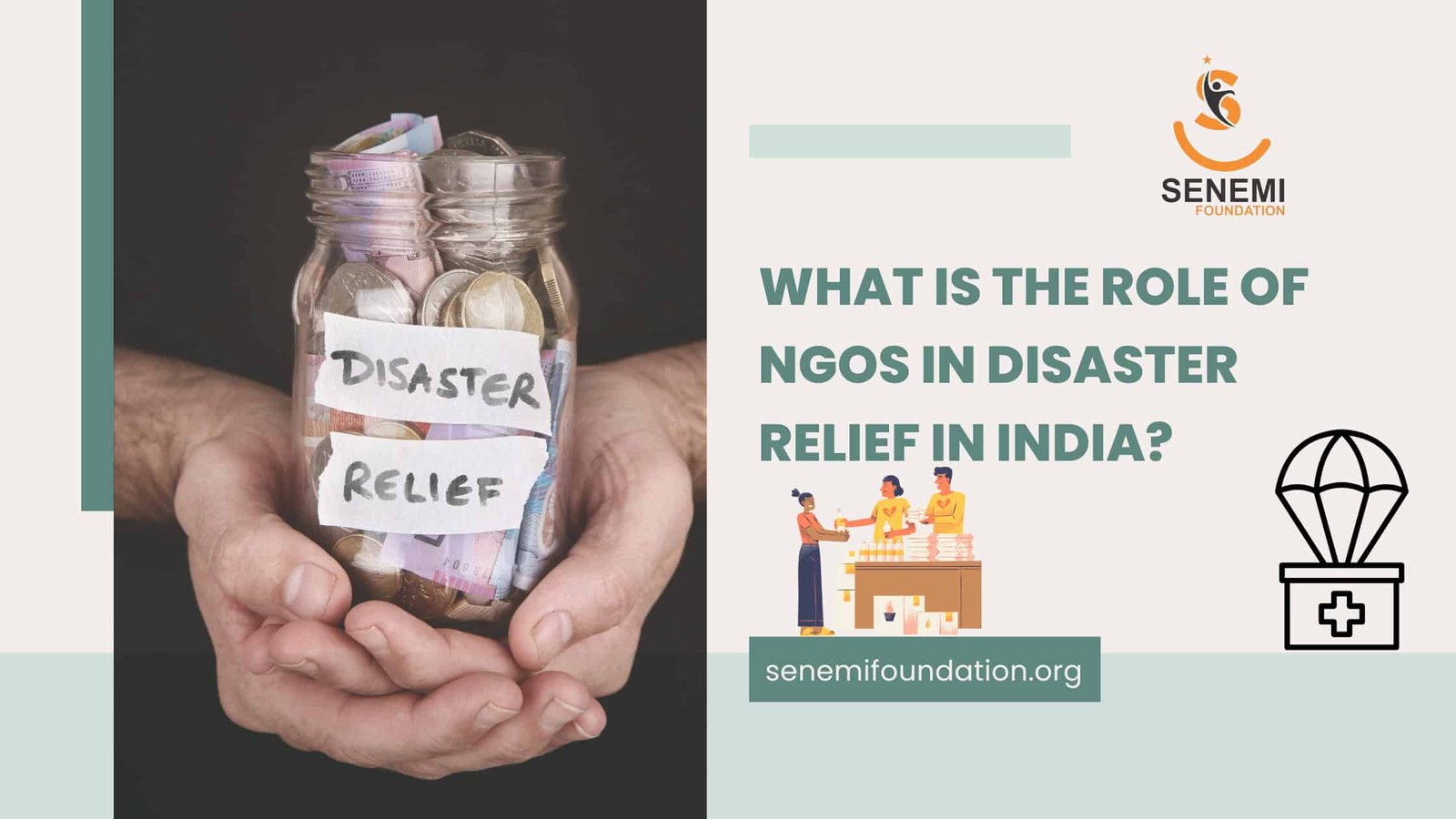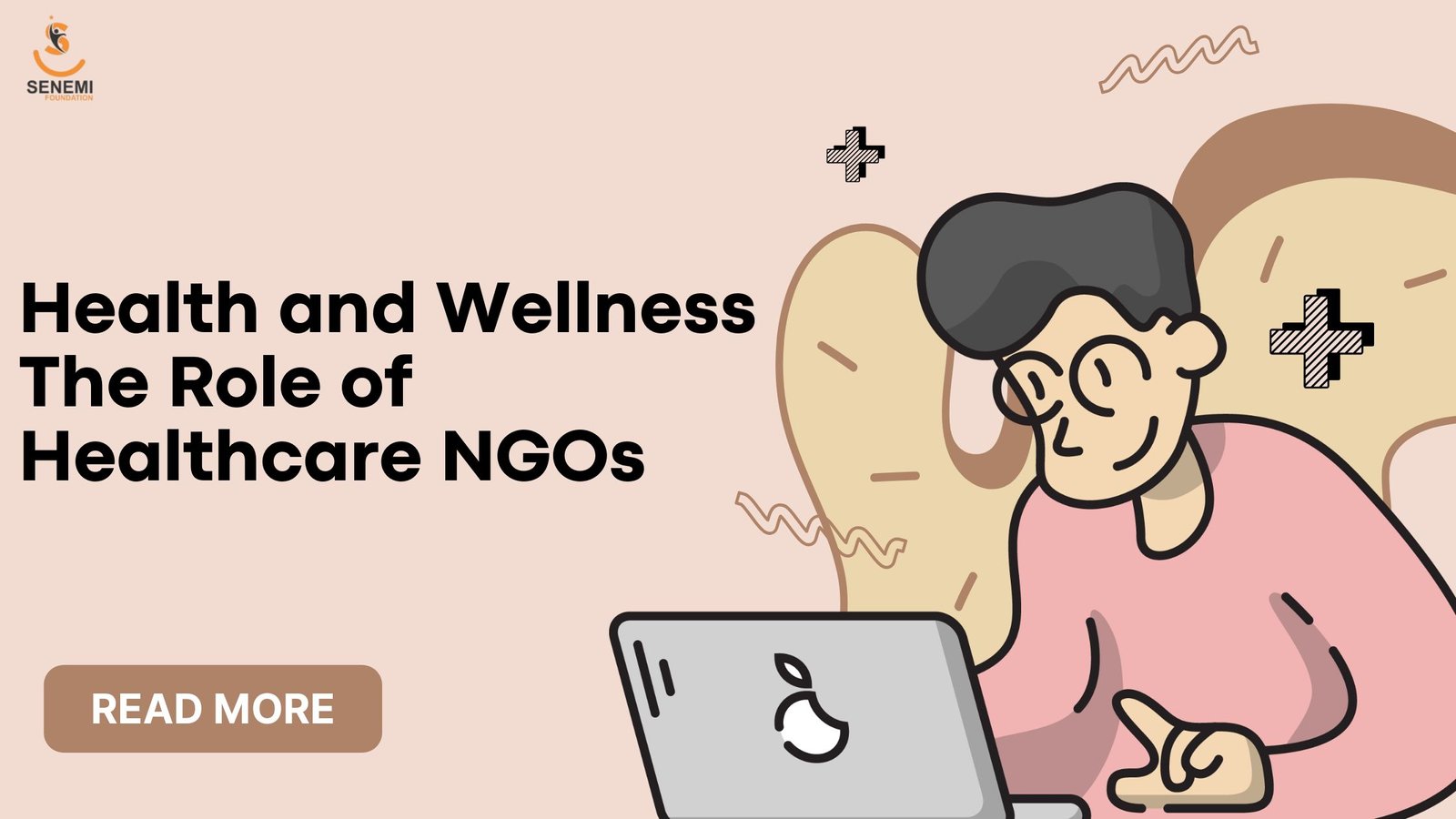
Health and wellness are the cornerstones of a strong and progressive nation. In India, where vast sections of the population struggle with access to quality healthcare, health NGOs and public health organizations play a crucial role. From providing free medical camps to running hospitals in rural areas, these organizations bridge the gap between healthcare accessibility and affordability. The organization of health services in India is a complex network of government schemes, private healthcare providers, and dedicated NGOs striving to ensure that every citizen has the right to a healthy life.
 Ragini
Ragini